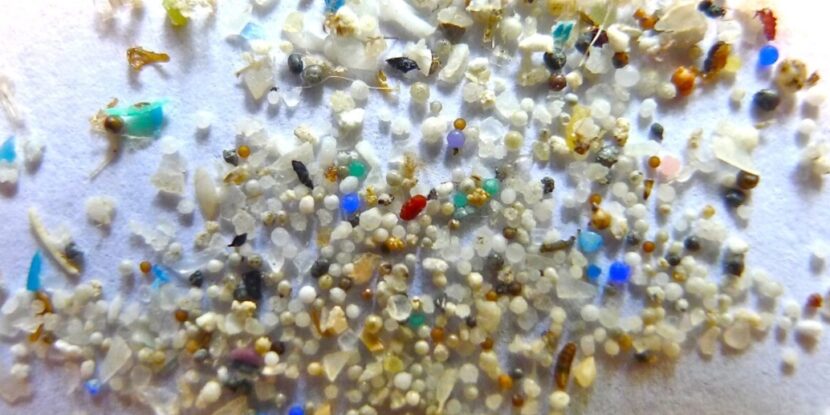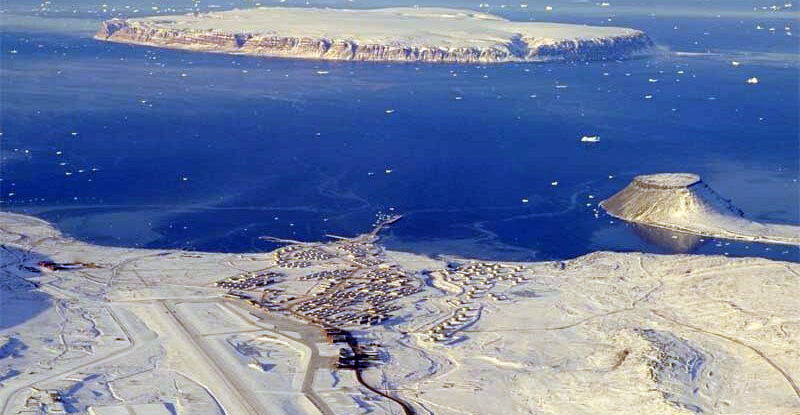A study released on Thursday has detected the presence of trifluoroacetic acid (TFA), a type of “forever chemical,” in the tap water of various towns and cities across France, including Paris. The analysis, conducted by consumer group UFC-Que Choisir and environmental organization Future Generations, found TFA in 24 out of 30 water samples.
The highest concentrations were reported in Paris’s 10th district, reaching 6,200 nanograms per liter, and in the southern town of Moussac. Bruxerolles in western France were also highlighted for their considerable levels at 2,600 nanograms per liter.
TFA is classified as a per- and polyfluoroalkyl substance (PFAS), which is known for its persistence in the environment and links to health complications. In 20 of the 30 samples, TFA levels surpassed European regulatory limits for individual PFAS. European legislation mandates that by 2026, PFAS concentrations in drinking water should not exceed 500 nanograms per liter. NGOs are campaigning for TFA to be included in these regulations.
The groups criticized the lack of monitoring by regional health agencies in France, where TFA is reportedly “rarely — if ever — sought” in water checks. Pauline Cervan, a toxicologist at Future Generations, warned that available solutions, such as bottled water or filters, are ineffective against TFA contamination.
While other PFAS compounds remain within national guidelines—set at a 100 nanograms per liter limit—the groups argue these regulations are less stringent than those in countries like the United States and Denmark. If stricter measures akin to those implemented abroad were adopted, about 80 percent of the tested water samples would be out of compliance, according to UFC-Que Choisir’s Olivier Andrault.
Meanwhile, a legislative proposal to restrict PFAS production and sales is slated for another vote next month.




















